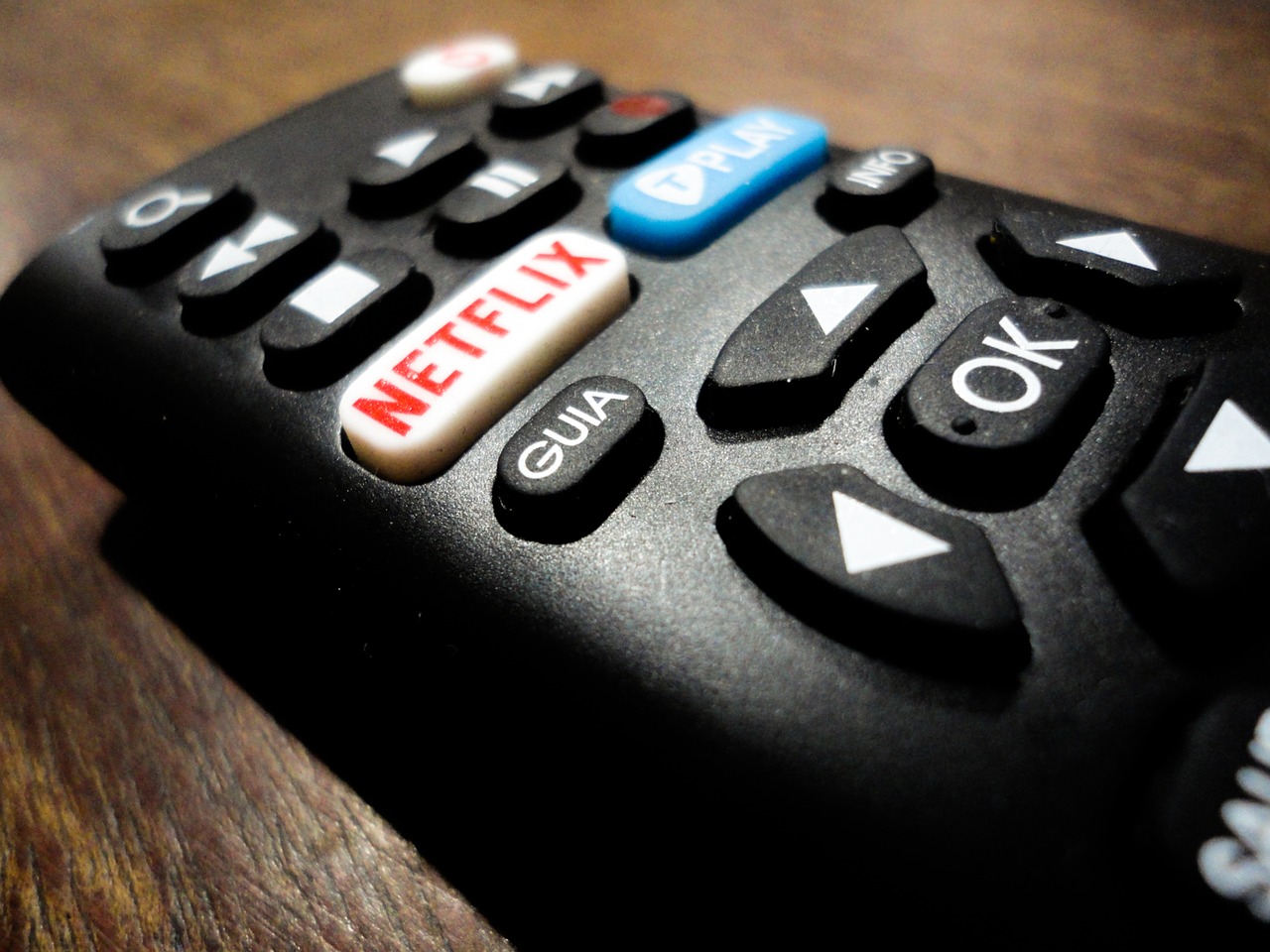With the recent release of season two of the highly talked about Netflix original TV series 13 Reasons Why, many fans are eagerly binge watching the show.
However, some people are worried about the content portrayed in the one hour long episodes.
The show follows the story of teenager Hannah Baker, who was bullied and sexually assaulted and ends up committing suicide. However, she leaves behind a series of cassette tapes, explaining her actions and who was to blame for her tragic death.
Season two aims to go further into the story and provide justice for Baker, reigniting the intense themes that the show depicts.
During season one, which was released on 31 March 2017 to a worldwide audience on Netflix, the show did not provide a warning content to its viewers, nor a series of phone numbers to direct those dealing with mental health issues to a helpline. This caused many to react angrily, demanding a change if the show was to continue.
In the months leading up to the release of the second season, Netflix teamed up with headspace, a national youth mental health foundation which provides early intervention mental health services for 12-25-year olds.
In this union, supplementary videos and promotion of regional help-seeking information has been provided to Netflix customers, promoting access to local services and providing information for those who wish to seek out more material.
Tailored sources have also been developed for young people, parents and schools to assist in constructive conversations about the powerful themes represented throughout the series.
Mindframe aims to encourage responsible, accurate and sensitive representation of mental illness and suicide in the Australian mass media. Mindframe has begun work with headspace and Netflix, with Program Manager at Mindframe Marc Bryant explaining their role in the media, and how Mindframe supports Netflix’s decision to team up with headspace.
“Mindframe aired its concerns direct with Netflix in 2017 and offered to help manage risk in future fictional portrayals of suicide and mental illness,” he said.
“Mindframe, which is managed by Everymind, has been working with [the] media and entertainment industry for over 20 years on safe and authentic portrayals of suicide and mental illness. Our core role has been to educate and train as well as provide guidelines.”
“Netflix came to us late last year and wanted to hear our ideas. We said that if we are on the front foot with new shows that has sensitive content, we can help with mitigating strategies – supporting media.”
Despite the show and Netflix taking a positive step forward in getting those to talk about any mental health issues, many are still concerned that the TV show still runs the risk of copycat behaviour. Executive Director at Lifeline Australia Alan Woodward voiced his concern regarding copycat behaviour, and how young people need to be made aware that suicide isn’t what it is as portrayed by the show.
“There is a risk that the show may trigger copycat behaviour – and some international research suggesting that it has had this effect,” he told upstart.
“Young people watching the show should be encouraged to understand that the show is a theatrical portrayal of suicide, it is not real or realistic.”
While both Woodward and Bryant are wary that the show has generated conversation on suicide between people, they still want everyone to remain cautious of the show and remember it is a story that can potentially cause harm to the wrong audience.
“The show has generated publicity and some community discussion about suicide, so in that sense it has raised awareness,” Woodward said.
“However, it is such a distorted and inaccurate portrayal of suicide that it risks doing as much harm as good.”
“13 Reasons Why opened up conversations,” Bryant said.
“However, health experts such as Mindframe say the evidence shows it has the potential to trigger vulnerable audiences.”
Woodward wants parents to “help young people understand that there are always options to suicide, no matter how hard things seem, that tough times will pass” and by showing “their children that they are there for them.” Bryant also agrees with Woodward, while also noting that viewers should use the support services and material provided by Netflix to their advantage.
“Young people also should be encouraged to know and use services such as Lifeline, Kids Helpline, headspace, ReachOut.com and other services of support such as parents, friends, trusted adult leaders, when they are facing difficulties in their lives,” Woodward said.
“Young people, parents, carers, including schools can engage with the new supporting material Netflix has prepared, to coincide with the new series which highlight regional help-seeking pathways,” Bryant said.
If you or anyone you know needs help, contact the following numbers immediately:
For youth and parents: Key national youth support services.
- Youth 24/7 Crisis Support – Kids Helpline 1800 55 1800 kidshelpline.com.au
- Online Clinical support and information – headspace 1800 650 890 headspace.org.au
- Mental Health Information for young people and families – Reachout reachout.com
- For digital mental health – Head to Health headtohealth.gov.au
For adults: Key national 24/7 crisis support services.
- Lifeline 13 11 14 lifeline.org.au
- Suicide Call Back Service 1300 659 467 suicidecallbackservice.org.au
- MensLine Australia 1300 789 978 mensline.org.au
- beyondlblue 1300 224 636 beyondblue.org.au
Jessica Micallef is a third year Bachelor of Media and Communications (Journalism) student at La Trobe University. You can follow her on Twitter @jessmicallef19







